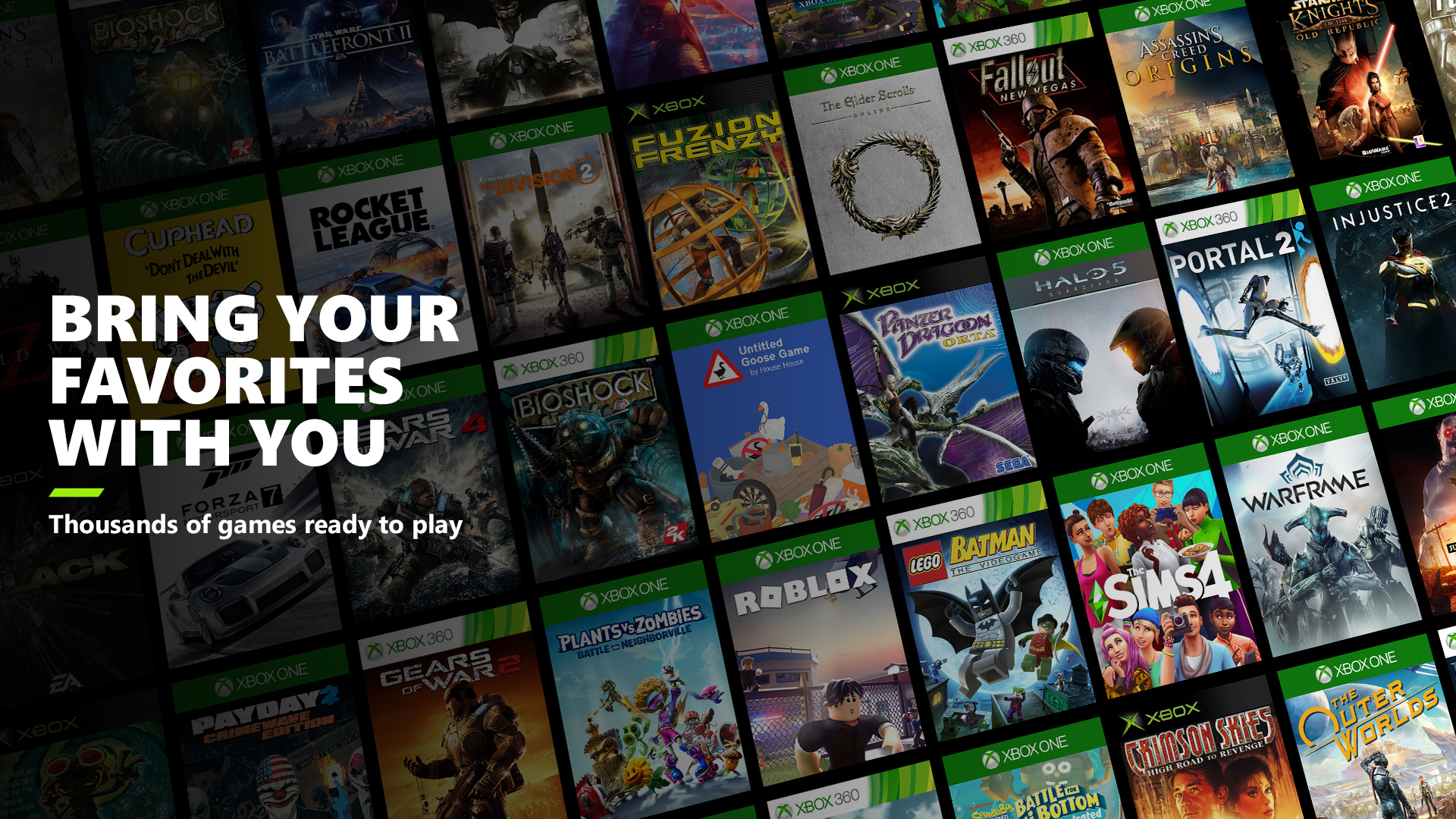Sony’s PlayStation platform has been the top console choice for many dedicated gamers for over 25 years now. However, in recent times, the hidden costs associated with PlayStation gaming have been steadily on the rise, leaving many fans feeling drained from both a monetary and gameplay enjoyment perspective. Let’s take a deeper look at how Sony’s pricing model has evolved to significantly increase the financial burden on players at each new generation, while providing less value for their investments.
The PS Plus Paywall Imposing Extra Fees for Basic Online Features
Sony made the controversial decision starting with the PlayStation 4 to require all users to have an active PlayStation Plus subscription in order to access standard online multiplayer components in their purchased games. PS Plus costs $9.99 per month or $59.99 annually and provides benefits like a curated selection of free games each month and exclusive discounts. However, this paywall forces gamers who already spent hundreds on their console and games to pay yet another recurring fee just for the ability to play games they own with their friends online. While these added subscription perks are nice value-adds, it still amounts to extra financial pressure placed on the gaming community.
Sony’s Dubious Justification and the Real Motivations Behind PS Plus
When the PS4 launched, Sony claimed that allowing online play without a recurring subscription model would be “absurd” and “economically not feasible” due to infrastructure server costs. They pitched PS Plus as helping to improve networking services and the overall experience. However, most individual game servers are managed by their own development studios - not Sony. So where exactly does all that subscription money go? In reality, the online framework expenses are likely covered many times over by massive software sales revenues. PS Plus evolved into an extremely lucrative source of steady income, with tens of millions of dedicated subscribers each shelling out $60 or more annually without much added value provided in return.
Rising Total Costs are Driving Gamers to More Affordable Platforms
Between spending several hundred dollars on the console itself, sixty dollars or more per new AAA title, ongoing downloadable content packs, and now a mandatory subscription just to interact with your gaming friends, the total financial obligations of the PlayStation ecosystem have ballooned enormously. For many lifelong fans on tighter budgets, it has become cost-prohibitive compared to alternatives that deliver the good gaming experiences without all the added fees. Meanwhile, PC games offer a huge selection of quality free-to-play titles and robust modding communities that expand content without the need for extra subscriptions or microtransactions. The overall value proposition has begun shifting away from the once dominant console platforms.
A Slippery Slope Towards Further Monetizing Basic Features
Sony has shown that when given an inch, they will take a mile in terms of exploring new revenue streams from their existing user bases. If they have normalized charging a monthly fee simply to go online with your friends, what else may become a paid extra in the future? Controllers are already sold separately instead of being standard inclusions. Will basic software updates and patches someday require a PS Plus membership to access? There is valid concern that piecemeal nickle-and-diming will only intensify with each new generation unless gamers send a clear message with their wallets that enough is enough.
Early Gaming was About Fun, not Profit-Focus that Harms the Experience
In past console eras, the standard model involved buying a full game for a one-time fee and enjoying hundreds of hours of uninterrupted gameplay without any strings attached or extra transaction nagging you along the way. Developers focused on crafting memorable experiences rather than monetizing gameplay at every conceivable turn. Nowadays, quarterly financial reports and arbitrary live service player retention metrics seem to dictate business decisions more than gamer satisfaction. It is disheartening to see a beloved hobby transformed into ruthless extraction of money before the fun even begins.
Inspiring Meaningful Change Requires Rallying Consumer Power
Clearly, solutions need to empower players facing the unreasonable rising price tags attached to their passion. This could involve supporting alternative platforms free of punitive paywalls, or lobbying for regulatory restrictions on exploitative practices. Most of all, it means consciously making spending choices according to principles instead of impulse whenever new hardware or games are released. Sony is unlikely to alter their path without subscribers speaking through collective action with their dollars. With competition helping to normalize fairer business models, a return to prioritizing fun over forced monetization could be within reach for the good of both gaming fans and companies alike.
A New Paradigm Where Play Comes Before Profit
There was a time when digital games provided all promised features as promised without any hidden fees or manipulated skinner box shortcomings designed for “engagement” above all else. Now it seems the obsession with constant revenue growth at all cost has infected even beloved pastimes. Perhaps it’s time for both gamers and giants to remember why people play in the first place - for the joy, mastery and social connection inherent to interactive entertainment. With cooperation, a new industry framework respecting both business interests and player freedom may emerge once more. But change starts by supporting alternatives embracing fairness and creative passion over predatory monetization psychology.
 PS4 or PS5: Which Gaming Console Should You Choose?
PS4 or PS5: Which Gaming Console Should You Choose?